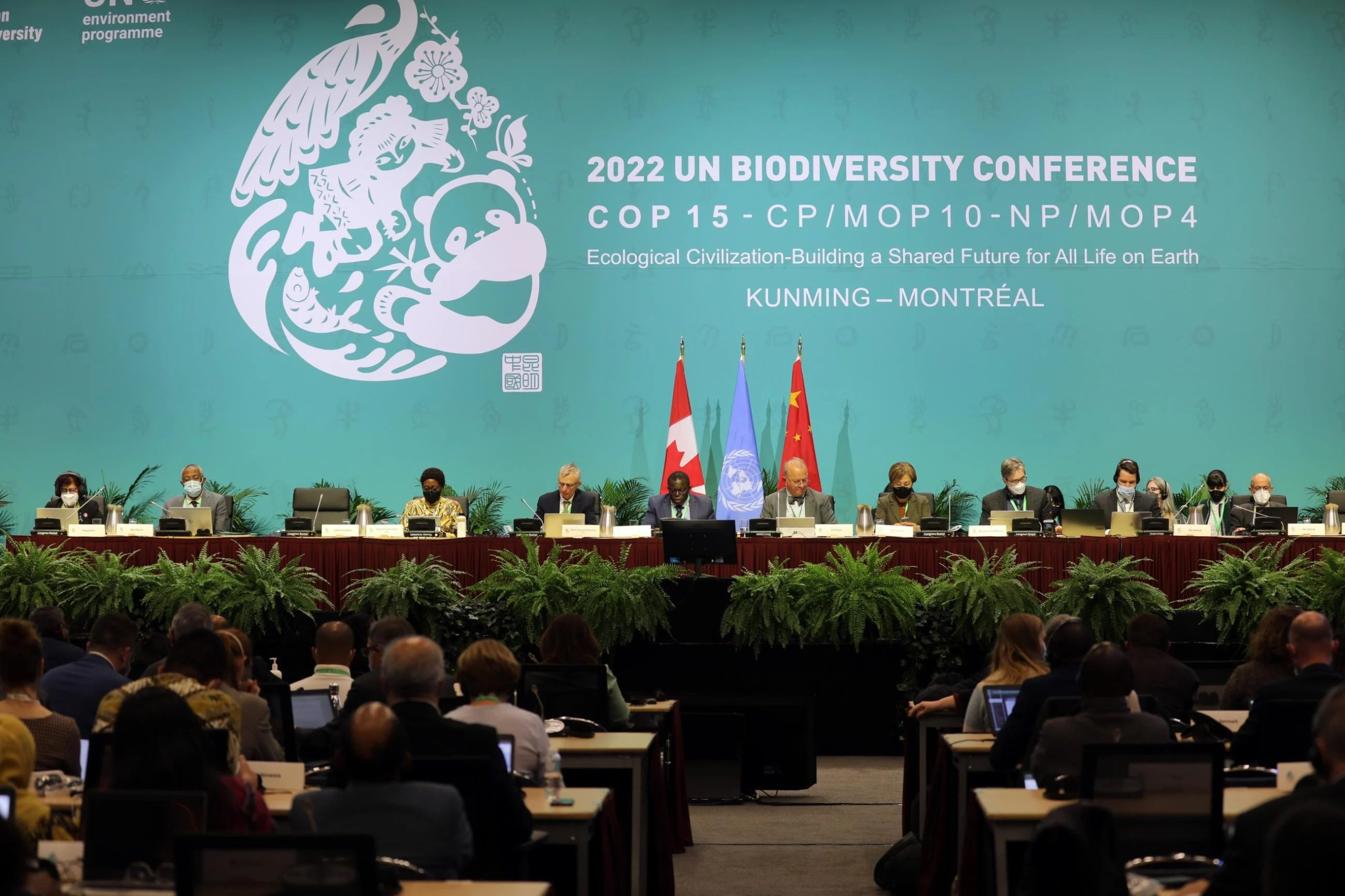The United Nations biodiversity summit that took place in Montreal early Monday morning marked a historic moment in the fight against environmental destruction. After four years of negotiations, over 190 countries came together to adopt a Chinese-brokered accord that aims to save the planet’s land, oceans, and species from pollution, degradation, and the climate crisis during the 15th meeting of the Conference of the Parties to the UN Convention on Biological Diversity (COP15). The accord, which was adopted despite objections from the Democratic Republic of Congo, has been compared to the Paris agreement’s plan to limit global warming to 1.5C. However, some have argued that it does not go far enough in addressing the crisis facing nature.
The accord includes a number of targets and commitments, including the pledge to safeguard 30% of the planet as a protected zone by 2030 and to provide $30 billion in yearly conservation aid for the developing world. It also calls for wealthy countries to increase financial aid to the developing world to $20 billion annually by 2025, rising to $30 billion per year by 2030. In addition, the accord aims to safeguard the rights of Indigenous people as stewards of their lands, a demand that has been strongly advocated for by campaigners.
While the accord has been hailed as a significant step forward, there are still concerns about its limitations. For example, it only encourages businesses to report their biodiversity impacts rather than mandating them to do so. Additionally, there are concerns about the weak language and timelines surrounding the actions outlined in the accord, which may not be sufficient to address the scale of the nature crisis.
Despite these limitations, the adoption of the accord marks a crucial moment in the fight to protect the planet and its species. Brian O’Donnell of the Campaign for Nature called it “the largest land and ocean conservation commitment in history.” Marco Lambertini, head of the Worldwide Fund for Nature, said it was “vital to catalyzing action toward a nature-positive world and holding everyone accountable.” He added, “however, there still remain several loopholes, weak language, and timelines around actions that aren’t commensurate with the scale of the nature crisis we’re all witnessing, and importantly may not add up to achieve this shared global goal.”
The importance of this global goal cannot be understated. The protection of biodiversity is essential for the health and well-being of the planet and its inhabitants. It is also crucial for the economy, as $44 trillion of economic value generation – more than half the world’s total – is directly linked to biodiversity. The adoption of this accord is a promising sign that the international community is starting to take the crisis facing nature seriously. It is now up to all of us to ensure that the commitments made in this accord are implemented effectively, so that we can start to reverse the decades of environmental destruction that have threatened the world’s species and ecosystems.




